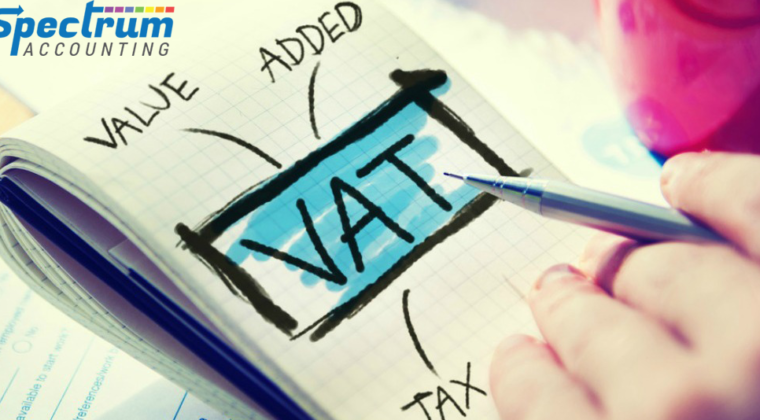1. What is VAT?
Value Added Tax (or VAT) is an indirect tax. Occasionally you might also see it referred to as a type of general consumption tax. In a country which has a VAT, it is imposed on most supplies of goods and services that are bought and sold.
VAT is one of the most common types of consumption tax found around the world. Over 150 countries have implemented VAT (or its equivalent, Goods and Services Tax), including all 29 European Union (EU) members, Canada, New Zealand, Australia, Singapore and Malaysia.
VAT is charged at each step of the ‘supply chain’. Ultimate consumers generally bear the VAT cost while Businesses collect and account for the tax, in a way acting as a tax collector on behalf of the government.
A business pays the government the tax that it collects from the customers while it may also receive a refund from the government on tax that it has paid to its suppliers. The net result is that tax receipts to government reflect the ‘value add’ throughout the supply chain. To explain how VAT works we have provided a simple, illustrative example below (based on a VAT rate of 5%).
2. What is the difference between VAT and Sales Tax?
A sales tax is also a consumption tax, just like VAT. For the general public there may be no observable difference between how the two types of taxes work, but there are some key differences. In many countries, sales taxes are only imposed on transactions involving goods. In addition, sales tax is only imposed on the final sale to the consumer. This contrasts with VAT which is imposed on goods and services and is charged throughout the supply chain, including on the final sale. VAT is also imposed on imports of goods and services so as to ensure that a level playing field is maintained for domestic providers of those same goods and services.
Many countries prefer a VAT over sales taxes for a range of reasons. Importantly, VAT is considered a more sophisticated approach to taxation as it makes businesses serve as tax collectors on behalf of the government and cuts down on misreporting and tax evasion.
3. When will the VAT go into effect and what will be the rates?
VAT will be introduced across the UAE on 1 January 2018 at a standard rate of 5%.
4. How will the government collect VAT?
Businesses will be responsible for carefully documenting their business income and costs and associated VAT charges. Registered businesses and traders will charge VAT to all of their customers at the prevailing rate and incur VAT on goods / services that they buy from suppliers. The difference between these sums is reclaimed or paid to the government.
5. Will VAT cover all products and services?
VAT, as a general consumption tax, will apply at 5% to all transactions of goods and services unless specifically exempted in Article (46) of the Federal Decree-Law No. (8) of 2017 on Value Added Tax or subject to a rate of Zero as per Article (45) of the Federal Decree-Law.



 contact us
contact us